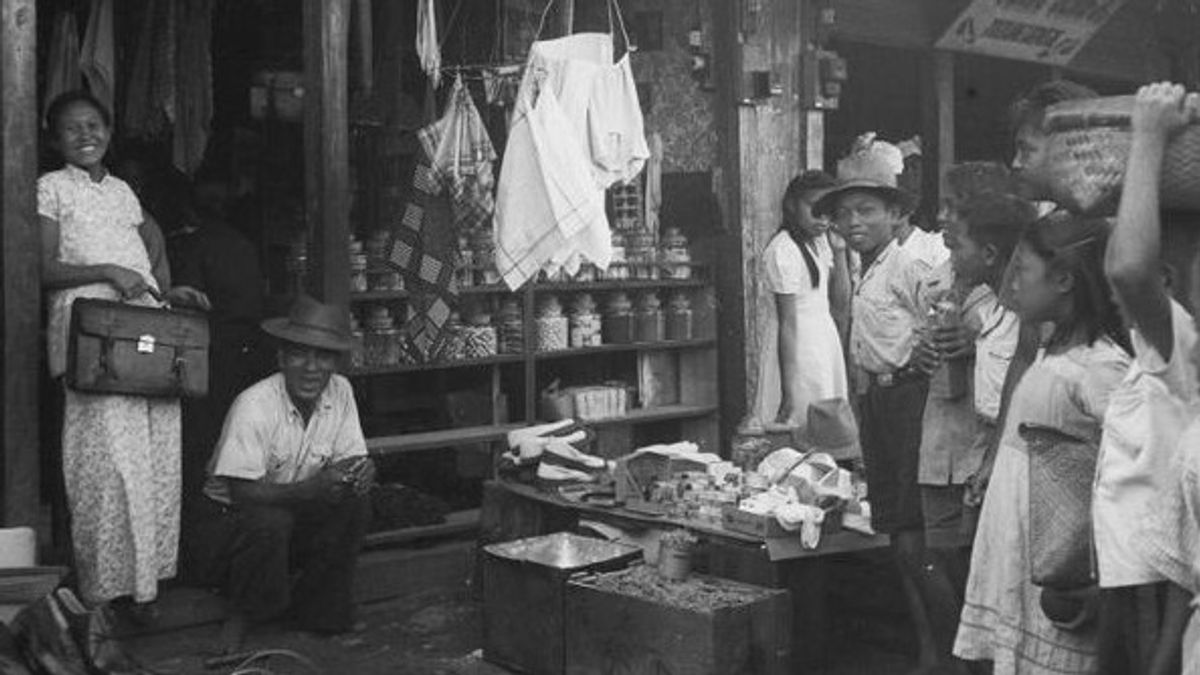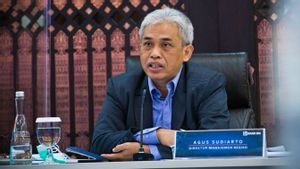JAKARTA History today, 306 years ago, March 2, 1717, the Governor-General of the VOC, Christoffel van Swoll strictly prohibits illegal Chinese immigrants from entering Batavia (now: Jakarta). The ban was treated because the economic conditions in Batavia were not doing well.
Previously, the Dutch trading airline VOC was known to be open to the presence of Chinese. Legal or illegal. They are treated special. All because the Chinese are able to work in all fields. They then became the driving force of the Batavia economy.
The Chinese have a big role in the growth and development of Batavia City. The attitude of the Chinese who are tenuous and hard-working is behind it. The Company is also attracted. The presence of the Chinese is considered capable of bringing big profits to the VOC.
As an example, the Company lures Chinese people who want to live and live in Batavia with a series of privileges. Whether they come legally or illegally. Their all kinds of activities are supported. From trade to entertainment matters. Everything is done so that the Chinese in Batavia feel at home and stay.
Thejian got maximum results. Batavia's economic wheels went well. Chinese people are able to work in all fields. From carpenters to traders. The courage of the Chinese people to take on this rough job was considered a blessing by the Dutch.
The Dutch don't have to bother filling their time to do rough work anymore. Even instead, the Chinese pay a sizeable tax for the development of Batavia. The tax is used to build Kasteel Batavia to other infrastructure.
They work all day, even when the sun is hot, it burns Batavia! Maybe they are strong at work when other people are hot because they are only shorts that are thin when working during the day in holes
"When Batavia City was empty because everyone was resting in the house, on the street there were still Chinese traders who sounded cloves. Many of them became land tenants, credit givers, traders, and almost all of them were good at finding opportunities," Frieda Amran said in the book Batavia: Captain Woodes Rogers & dr. Strehler (2012).
Good relations between the Company and the Chinese last a long time. However, the relationship began to be disrupted in the 1710s. The origin of the disruption is easy to guess: money. Batavia's moderately unfavorable economic condition made the VOC ignore the arrival of immigrants from China illegal.
The reaction was carried out because the number of immigrants from China increased sharply. Batavia's economy is in trouble. Many factories have stopped operating. Plantation, especially. The Company is also afraid that the immigrants who come commit crimes in Batavia to find food.
VOC Governor General Christoffel van Swoll took a stand. He issued a rule on March 2, 1717. The rule contains a strict ban on illegal immigrants entering Batavia. Those who violate will be sentenced to prison or exiled to Sri Lanka and Africa.
The more difficult it is to be complicated by problems with Chinese travelers in Ommelanden (area outside Batavia) and the price of tea is too high in Batavia, the Governor General was forced to issue a rule on March 2, 1717. He issued a regulation that strictly prohibits illegal immigrants from entering Batavia, and also sets the price of tea, explained historian Leonard Blusse, in the book Persecutuan Strange: Chinese Settlers, Women of Manikan, and the Netherlands in Batavia VOC (1988).
The English, Chinese, Japanese, Arabic, and French versions are automatically generated by the AI. So there may still be inaccuracies in translating, please always see Indonesian as our main language. (system supported by DigitalSiber.id)









